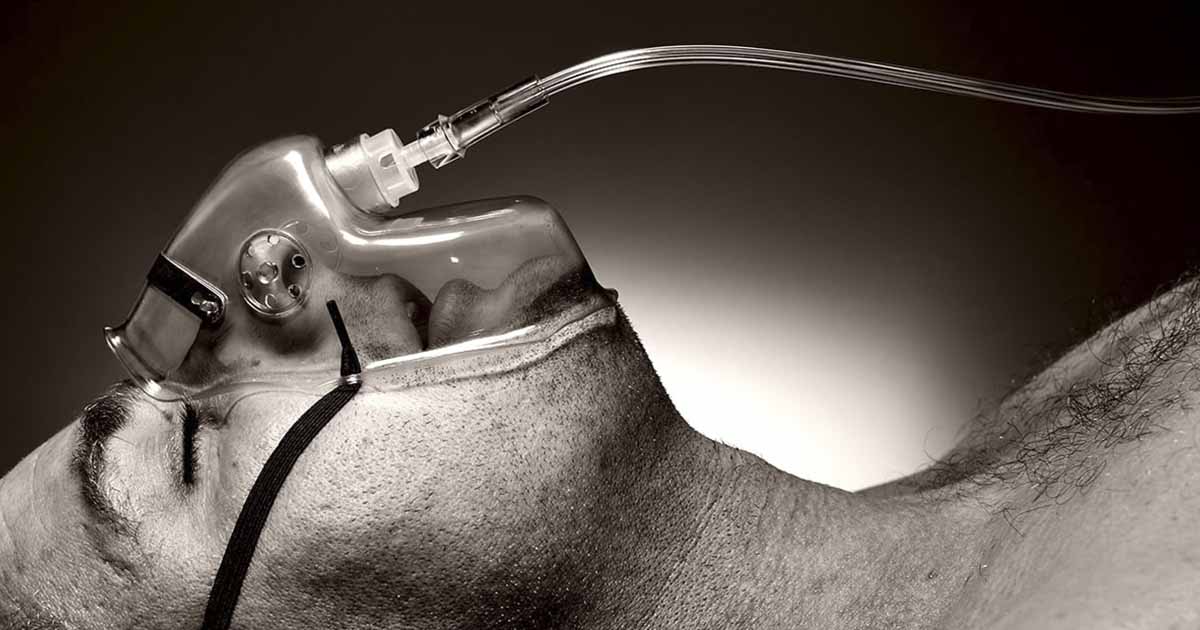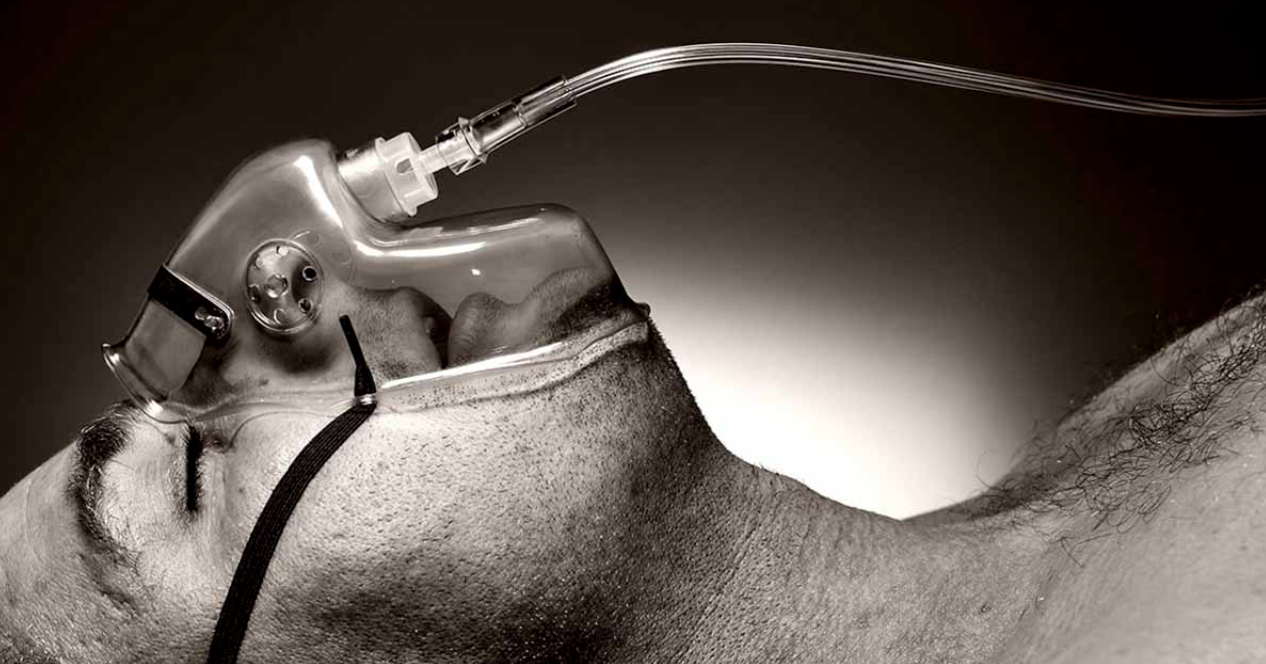Death, an enigmatic topic that has long fascinated and unnerved us. As we navigate through life, we find ourselves yearning to unravel the mysteries surrounding the end of our journey. Surprisingly, scientific research suggests that our sense of smell might hold the key to unlock some of these secrets.

Smelling Death: A Mysterious Sixth Sense?
Have you ever heard stories about people who claim they could detect a specific smell before the death of a loved one? These anecdotes hint at the existence of a compelling sixth sense linked to our olfactory abilities.
Scientists have put forth a few theories to explain this intriguing phenomenon. One theory suggests that as our bodies approach death, they produce distinct chemicals or odors that individuals with heightened olfactory senses can pick up on. Think of it as our nose being finely attuned to the subtle changes happening within.
Another theory proposes that the sense of smell is connected to our emotional state. It suggests that we might be able to unconsciously sniff out the imminent loss of a loved one, without even fully realizing it. Our olfactory glands simply sense that something is amiss.
Although scientific evidence in this area is still limited, some intriguing studies have been conducted. For instance, researchers at the University of Chicago discovered that animals like dogs and cats can detect changes in the chemical composition of individuals with certain medical conditions, including cancer.
This begs the question: could humans, with a heightened sense of smell, also have the ability to sense impending death? In fact, there have been accounts of animals residing in hospitals and long-term care facilities that accurately predict when a patient or resident is about to pass away.
Loss of Smell: A Glimpse Into Future Health
Not only can our sense of smell help us sense the approach of death in others, but it can also act as a predictor of our own future health. Several scientific studies have revealed a correlation between a decline in olfactory function and certain health conditions, such as neurodegenerative diseases like Parkinson’s and Alzheimer’s, as well as respiratory and cardiovascular problems.
Interestingly, the sense of smell often deteriorates before other symptoms of these diseases become apparent. This suggests that a loss of smell could serve as an early warning sign, enabling individuals and healthcare professionals to identify potential health issues and intervene early on.
A study published in the Journal of the American Geriatrics Society found that elderly individuals with a diminished sense of smell were more likely to die within five years compared to those with a healthy sense of smell. This implies that the loss of smell might be a crucial indicator of overall health and mortality risk, offering valuable insights and opportunities for preventive care.
The Future of Smell-Based Predictions
As our understanding of the human body deepens, we continue to uncover new connections and insights into how various systems and senses interact. While the sense of smell is often overlooked compared to sight and hearing, it holds immense potential in predicting both the approach of death in others and future health outcomes.
Further research is required to validate these fascinating findings. Currently, scientists are exploring the chemical changes that occur in the body before death, as well as the impact of olfactory dysfunction on overall health and mortality risk. With an improved understanding, it may be possible to develop diagnostic tools that harness the power of smell, providing timely and potentially life-saving interventions.
The Nose Knows: An Intriguing Study
The notion that “the body knows when death is near, and it begins in your nose” is an enthralling area of study. By delving into and harnessing the power of our sense of smell, we may gain valuable insights into the processes of life and death, ultimately improving our overall well-being.
So next time you catch a scent that seems to carry an unusual weight, take a moment to ponder the hidden mysteries it might hold. Our noses, often underestimated, may just possess the extraordinary ability to guide us towards a deeper understanding of mortality itself.





